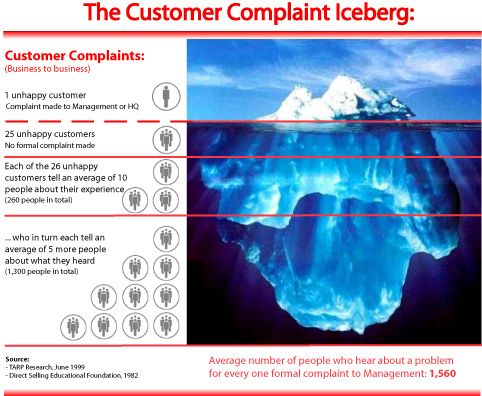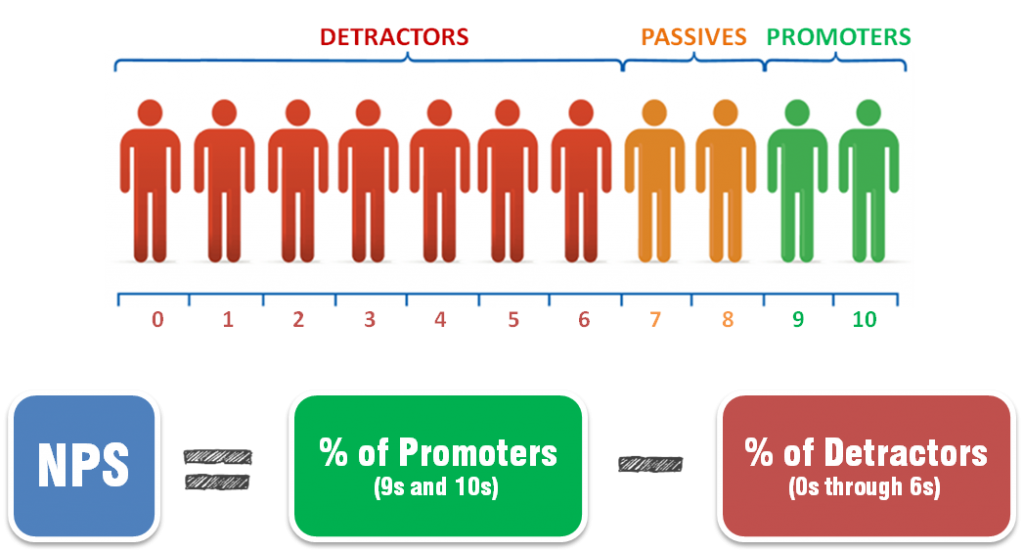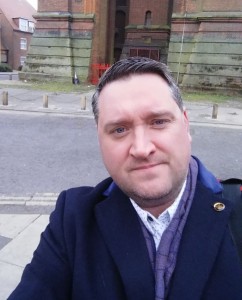Scott Everest takes another look at Colchester’s tourism and where we might be going wrong?
Are we nice in Colchester?
Make no mistake about it, tourism is at the apex of the hospitality industry. A town’s reputation as a desired destination can be made through all the encounters a tourist or a visitor experiences throughout their stay occasion.
A difficult challenge you may say, as all attractions and associated business have their own way of doing things, especially with regards to customer service.
So why is it important for tourists to have a good experience, or to expand further why is it important when tourists have a bad experience for it to be resolved to their satisfaction?
In 1999 a company called TARP research conducted a study and it stated that only 1 person in every 26 unhappy customers will make a formal complaint about their experience.
The others will simply take their business elsewhere and will not return. But here is the kicker. Each unhappy customer will tell an average of 10 people of the experience who in turn will tell another 5 people.
This means that the 26 complaints will influence 1300 people, (Rises to 1560 if is a formal complaint) to not come and visit Colchester. How much does that small section cost Colchester’s local businesses and attractions?
The silent majority are the scariest type of customer out there, the ones who just go elsewhere.
However, there was a second part to the Tarp research which was also very interesting. For every complaint you resolve then 82% of people will return if you resolve the complaint quickly.
It pays to resolve complaints or have a forum to do so. Unfortunately any attraction that does not have this facility runs the risk of the only ‘vented’ outlet being a review site on the Internet.
I guarantee you an internet based negative review will increase that Customer Complaint Iceberg formula exponentially.
To be serious about Customer / Visitors / Tourists you have to provide a facility to gather Customer Feedback, good, neutral or negative in a simple way, as otherwise you will never improve.
A good tool to use would be The Harvard University devised measurement called the Net Promoter Score (NPS) a sliding scale to rate your experience.
A Detractor is someone who has had a negative experience, and the lower the score the less likely they are to recommend. The Passives are always discounted as they have no loyalty either way. Promoters are seen as a ‘Raving Fan’ who sings your praises.
It is said that to be ‘World Class’ you would have a Net Promoter Score of around 50%
Naturally you would need free text to capture customers verbatim, or use a problem tree to ascertain finitely what the problem is.
So to be serious, and to be a standout destination which takes honest unfiltered feedback, you need to be fully open to comments. The worst that can happen is you learn what people really enjoy (and keep doing it) and what people do not like (and fix it).
Thus keeping some reviews from public forums, if you resolve in a timely manner.
All of which is useless unless you know how to be hospitable in the first instance, and know how to successfully resolve complaints.
In 2007 I was lucky to be part of the 2012 Olympic Accommodation Committee, and being one of the chosen Hotel Managers to host dignitaries, staff and competition winners, was a great honour.
However, being an experienced Manager in the hospitality sector I thought that there was nothing I did not know. I have seen lots of things and own many of the t-shirts.
However the 2012 Olympics was known as the ‘Friendly Games’, which surprised the UK if we are to be truly honest with ourselves, as we are known for being quite a reserved bunch.
This was of course down to great leadership, vision and expense, but at the core of everything was something quite wonderful.
Not a lot of people may know about the mandatory training that we all had to undertake and in the lead up did not see the value, however what happened next blew me away.
The program we went on was called ‘World Host’ a specially developed program that was first used at the Winter Olympics and used to train and inspire the ‘Hosts’ on how to manage a large event and give excellent and memorable customer service.
This profoundly changed the way I managed, and the core principles stuck with me on how I managed Customer Service from that point forward.
This was also used for the Glasgow Commonwealth Games and will be used for the upcoming Euro 2016 Football Championship and the Rio Olympics 2016.
So Colchester, for an investment of £80 per person for a World Host one day Course for people who work directly in tourism is a worthwhile investment.
Is this aspirational enough for us to take this seriously for Colchester?
To finish, let me use this hypothetical formula;
26 People have a negative experience as a Tourist in Colchester each week
10 People each hear about that experience
5 people additionally from the 10 people also learn about that experience
1300 people could each week receive negative reviews about Colchester
£25 is the average spend per visitor
£32,500 is lost in potential sales per week
So to calculate for the year would equate to £1,690,00 in lost potential sales
The scarier figure is that is 67,600 people will have had a negative view of Colchester last year, and every year. That is nearly 1/3 of the population of Colchester Borough.
Hang on a minute, what if that hypothetical figure of tourists having a negative experience in Colchester is more than 26 people per week?
Scott Everest works as Special Projects Manager for a European based Hotel Group. His experience includes working for Pontins Holidays, CentreParcs, Disneyland Paris and Travelodge in various senior management positions across the UK. He has also attended committee meetings and briefings for the 2012 Olympic committee, and Government Department for Culture and Sport for hospitality representing the budget hotel chains. He has also consulted for Norfolk County Council and Blackpool Fylde Council in aspects of Leisure and inbound Tourism.



